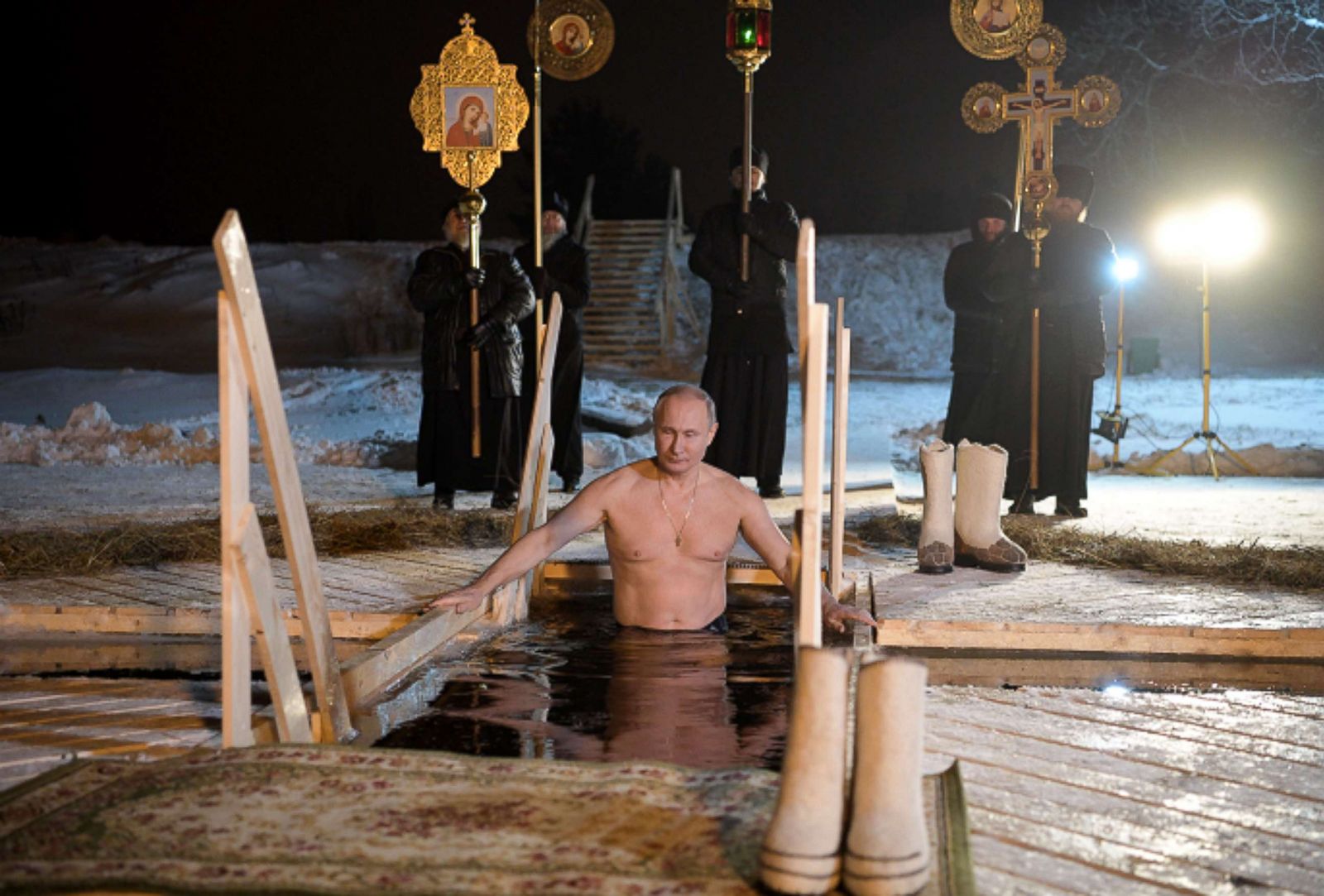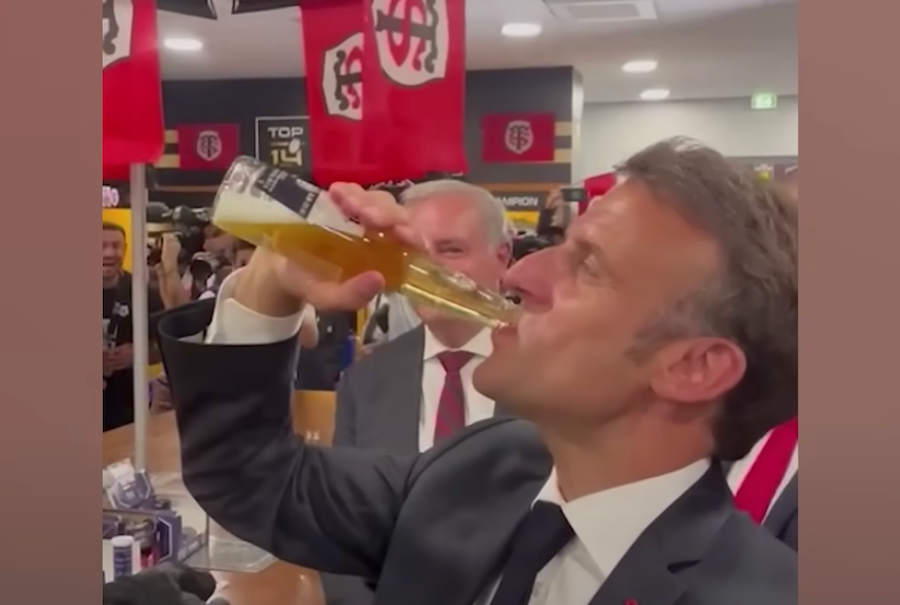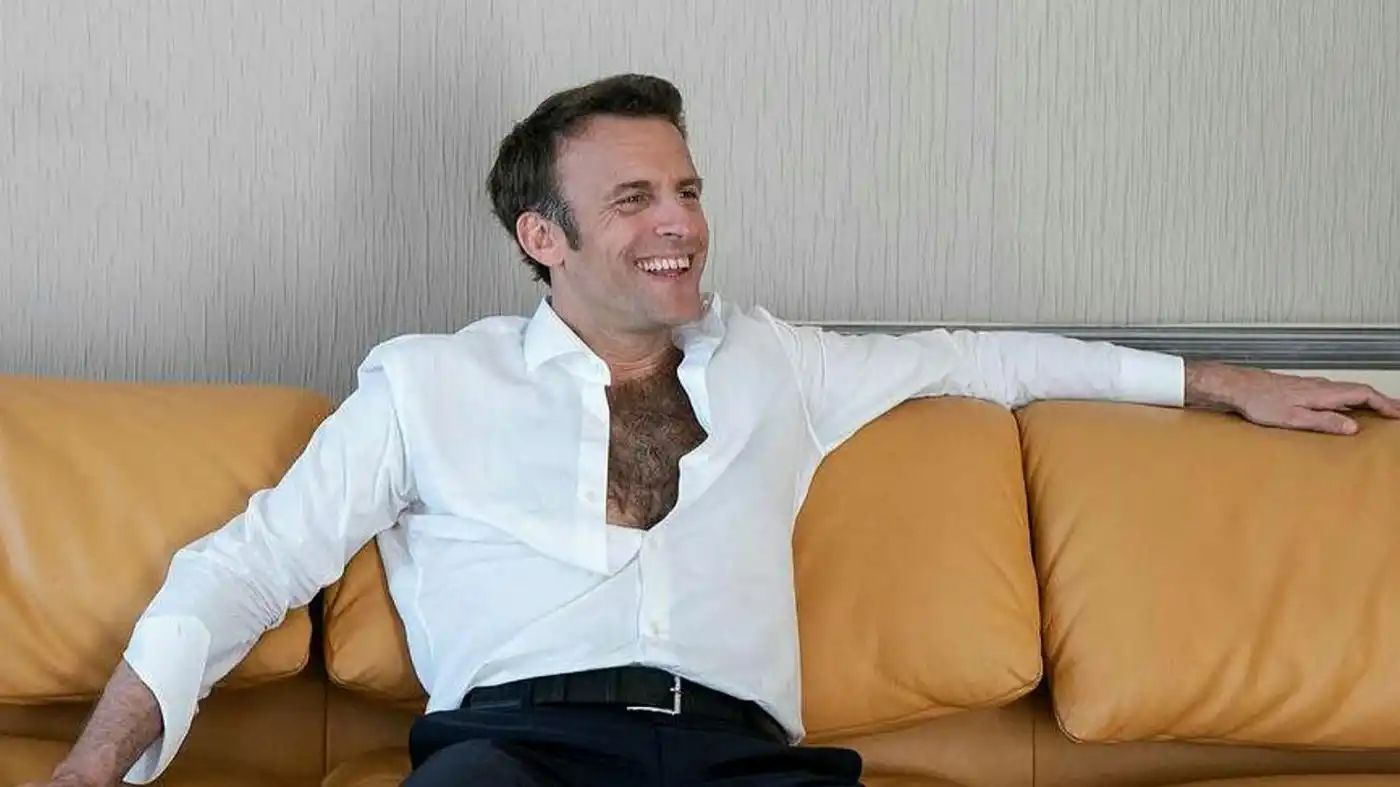By Evi Tsakali,
They are boisterous, they are noisy, they are unapologetic. They are the complete opposite of what a politician should be, responsible and accountable; but that does not seem to be of significant importance. Whether it is Putin horseback riding or skinny-dipping in frozen waters as a way to legitimize his regime, or Trump calling women hysteric or denigrating male opponents as weak by calling them “cryin’,” “little,” or “low-energy”, the macho man is back in fashion, and stronger than ever in the political field. As far as the latter is concerned, American Historian Kristin Kobes Du Mez supports that race is inextricably linked to this manly posture: “These heroes [Confederate Generals, for instance] that are praised tend to be white male military heroes that promote this narrative of white masculine strength as actually being the center of American history, the center of the American tale.”.

However, the tendency to promote the macho image of politicians has become more and more mainstream, beyond the eccentric behavior of the aforementioned quite particular examples. Many indicators can be detected in the international scene, yet for the present article we will focus on…Macron’s beer-swinging.
Probably my favorite case study, not only because I have left Paris and I am already terribly nostalgic, but also because his political communication game ranges from consoling Mbappé to appearing on dating apps (read more on that in a previous article of mine on Political Communication, Emmanuel Macron’s Edition). The President of France has been trying to show more of his macho side throughout his two terms in office. Chugging a bottle of beer as fast as he could at a rugby game was more than another attempt to get the electorate to relate, to show that he is the President of all the people of France and not just a bobo former Rothschild banker; it was -as the MP of the Greens Sandrine Rousseau put it on Twitter- “toxic masculinity in political leadership in one image”. At this point we should also note Macron’s (coincidental or not) choice of beer for the occasion; it was Corona, a favored drink of Jacques Cirac.

Nevertheless, why are macho leaders so appealing to voters?
Generally speaking, our choice of leaders is supposedly the projection of who we want to be as a nation, yet when it comes to the preference towards macho leaders, the notion of the nation is not only perceived collectively; this preference reflects not only society as a whole, but also who we are, even individually. Individually, we do not trust ourselves, our abilities, and our decisions. We need to be guided, and -thus- we seek to be disciplined; and who is better to discipline us than a father figure, one that is strict and stubborn enough like a “real man”. Finally, as bizarre as it may seem, we vote for macho men because we have secrets; we have our flaws, our complexes that we want to conceal. Through the lens of toxic masculinity, a real man is mysterious and stern, when in fact he is confident and aggressive only to hide his insecurities; the perfect recipe for a head of such a state.
References
-
Vladimir Putin, the czar of macho politics, is threatened by gender and sexuality rights. theconversation.com. Available here
-
Out on the piss with macho man Emmanuel Macron. politico.eu. Available here




